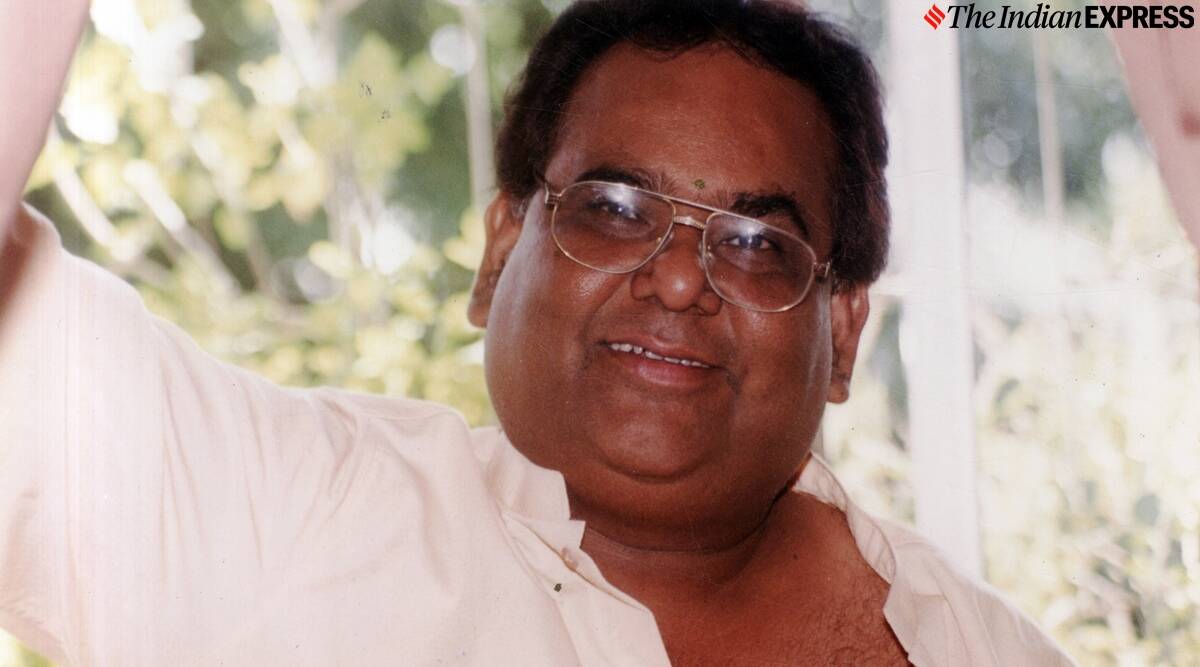Satish Kaushik death: Why a heart attack can turn fatal after 60. Obesity food obsession and Type 2 diabetes are triggers

Written by Dr Mohit Tandon Often we wonder why heart attacks in people after 60 tend to turn fatal. Thats because the traditional triggers like high cholesterol and smoking are getting compounded by new ones like obesity and Type 2 diabetes, something which we still consider given and are not proactive about. I feel most Indians must optimize their risk factors with some sense of urgency and now. The most important yet overlooked aspect is lifestyle modification. Start eating a healthy diet (rich in fibre, fruits, cereals , lean cuts of meat). Sometimes family traditions trigger heart problems such as preferring a sedentary instead of active family time or eating meals that typically include more unhealthy than healthy options. This results in obesity among most Indians. Blood pressure or hyperetension, another trigger for a heart attack, goes up with weight. Manage your weight with regular exercise (ask the type and intensity of exercise permitted by your doctor), practise stress management with activities like yoga, meditation and other relaxing activities. Keep a track of your weight, blood pressure and blood sugars. Quit smoking and avoid alcohol. If your family has had a history of heart attacks, you are already in the high risk category and should start a preventive regime now. For example, you can have familial hypercholesterolemia, a genetic condition that causes severely high cholesterol, regardless of optimal diet and exercise. It affects approximately one in 250 people, often causing no symptoms until the first heart attack or stroke. This can be detected early enough with some specific blood tests and gene testing. Given the high cardiac risk and the work-induced stress profile among Indians, we should get into a preventive routine as early as possible and there are several imaging tests to assess the condition of our heart. Surviving a heart attack is also a life-changing experience. Patients feel overwhelmed, they are still in disbelief, scared and confused. To add to the pandemonium, you will have a barrage of instructions and advice coming in from your well-wishers and healthcare team. Following a heart attack our priority should be to prevent future heart attacks. By following proper advice, a majority of heart attack survivors can lead a normal and productive life. However, 20 per cent of those aged more than 45 years may suffer another heart attack in five years following the first heart attack. Following tips can help you prevent further heart attacks. 1. Take your medications It is very important for you to take the heart medicines prescribed to you on time. Medicines like blood thinners, statins, are very important to prevent stent blockage and further attacks along with cholesterol drugs and your hypertension and diabetes medications. Take them at the same time every day and do not skip any doses if you experience any discomfort or side effect consult your doctor. 2. Attend your follow-ups Timely follow-up on advised dates help your doctors to assess your recovery and if required optimise or change your medicines. It helps the physician to ascertain if you are recovering well and help in detecting any deterioration in early stages. 3. Participate in cardiac rehabilitation Generally patients are advised cardiac rehabilitation post heart attack. This is a medically supervised programme designed to accelerate your recovery and get you back to a productive and functional form carefully. Do not miss this supervised recovery. 4. Do not feel shy to seek supportIt is common for heart attack survivors to feel broken, depressed or confused. Surround yourself with family and loved ones, join a support group where you can discuss your experiences, worries and common questions. Try to remain cheerful and avoid stressful situations, give yourself a little break. Always discuss your doubts with your health care provider. Following these steps will help the patients get back to living a healthy and productive life, being an active part of society again and decreasing the chances of having a future heart attack significantly.
Thursday, March 9, 2023 at 9:04 am